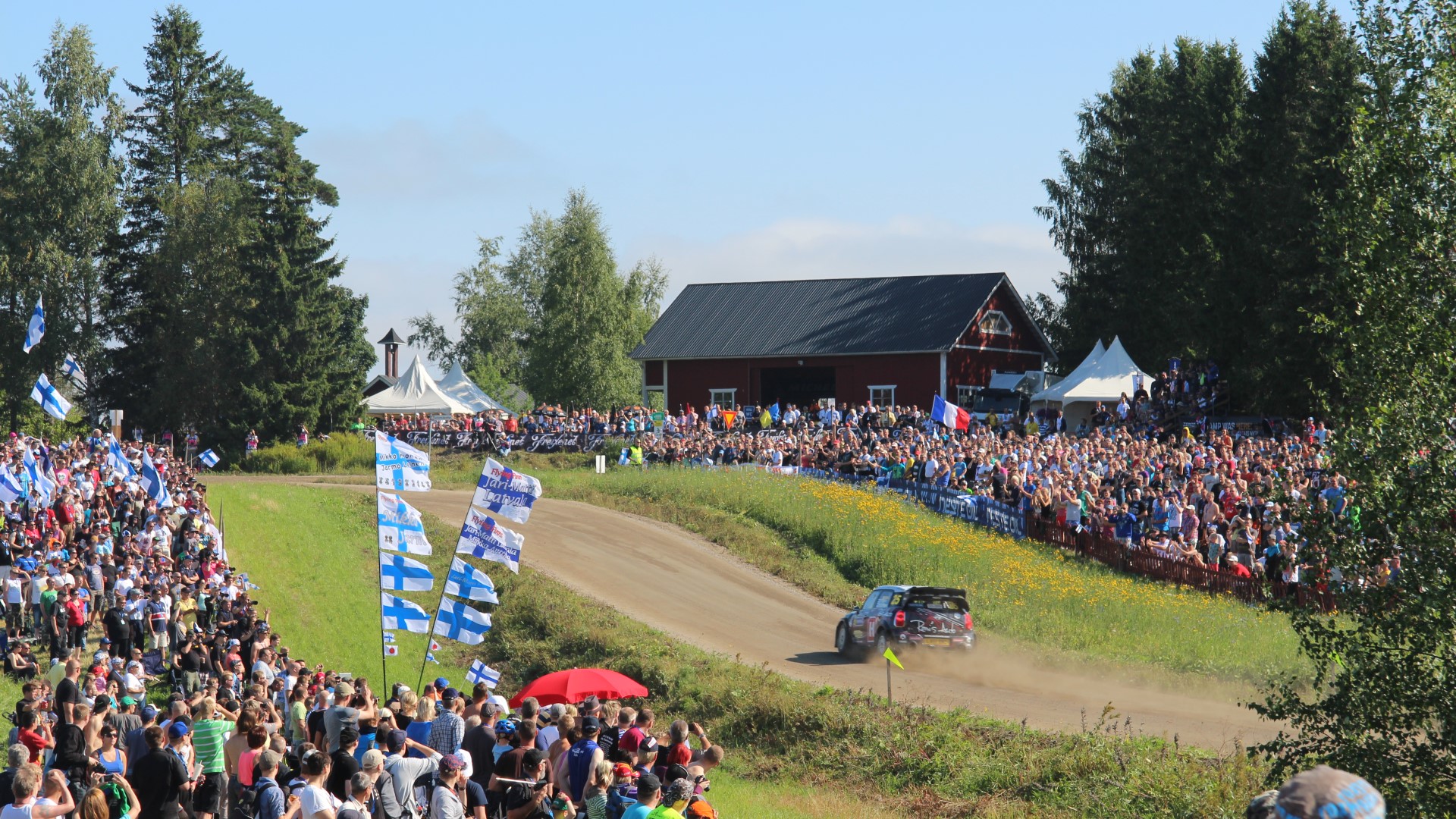|
FIA World Rally Championship (more commonly known as WRC) is one of the main names in the field of motor sports. Collaboration between WRC and Jamk University of Applied Sciences begun back in 2013 by designing a research focusing on WRC’s audience, their expectations and perceptions about the way WRC operated and how their races were structured. Jamk began the preparations for the study in late 2013 and the data was collected in Spring 2014 through an online questionnaire, gathering almost ten thousand replies from around the world. Within a month after the questionnaire closed to spectators Jamk had provided WRC with preliminary highlight from the study (within 2 weeks of the questionnaire closing) and a final, broader and introspective report of the results (4 weeks after the questionnaire closed).
Jamk’s history with sport event research made an impact
For a globally recognised key player in the field of motor sports, there are almost infinite possibilities for research partners – but out of all those possible partners WRC chose Jamk. One of the key factors behind the decision were Jamk’s diverse experiences from the world of motor sports through the event research we’ve done in collaboration with WRC Rally Finland since 2011.
We at Jamk have a long history in sport business research, even though the industry in a wider perspective is taking the first steps towards data-based business management. For all the players in the field of sports – be it global organisations or smaller companies just getting started – research, data gathering, and data-oriented business development is the last resource to cut from when pursuing renewal. Without data to back their decisions, your flying blind. Guessing only takes you so far, even when backed up by strong hunches and experience in the field. We know and appreciate the meaning of data. And in part that’s also one of the things that makes us a reliable and results-oriented partner. That’s why soon after the discussion between the WRC Promoter and Jamk began, they were convinced that we were the best choice for the job, and our team began their work.
Strategic timing brought in more replies
The questionnaire was formed with the global spectators in mind and structured so, that the data could easily be viewed, filtered, and analysed through important filters such as living area, live event participations, and engagement with WRC content. This played an important role also in the live view of the results that Jamk provided even while the questionnaire was open.
The questionnaire was filled close to 10 000 times around the world, with least replies coming from Africa, and most from Europe, mimicking the viewer ratios quite naturally. The questionnaire was open for a month, but it’s timing made all the difference in the world – the questionnaire opened on a big, European race weekend, and ended right before another one started. This way the intended spectators weren’t too wrapped-up with other WRC content to skip answering but got reminded about the opportunity while catching up with the events.
Results helped shape their customer profiles and possible directions for their future endeavours
The research was formed with mainly the promotion of WRC in mind – finding out how WRC could develop its event formats, channels and even league models to better answer their spectators’ expectations and desires regarding WRC. The study also brought insights into different augmented products, such as video games. The research provided valuable insights for FIA, getting preliminary opinions from WRC audience about how they think modern car solutions, such as electric and hybrid cars, would fit into the field of motor sports – all the way back in 2014.
|




